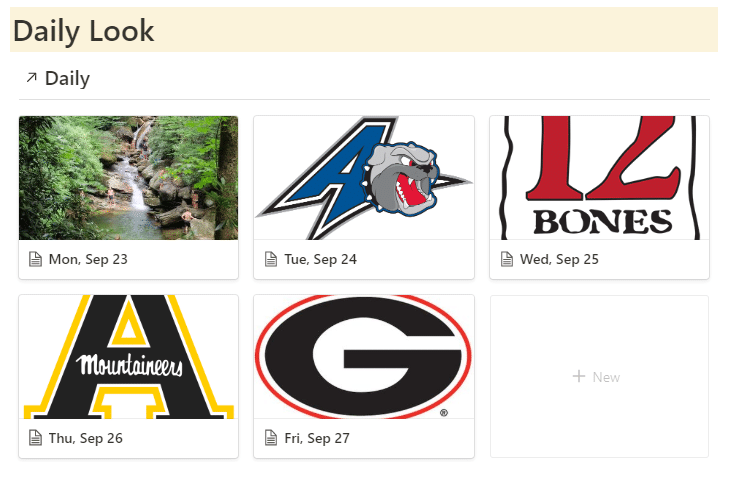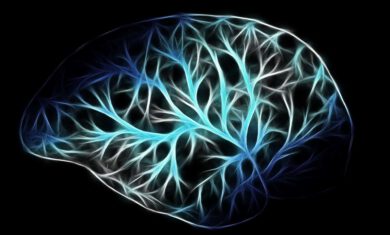As I’ve experimented with tools like the Full Focus Planner and the reMarkable tablet, I’ve seen a number of reasons for why “handwriting is better then digital”. The reasons are fairly solid, but I’ve found ways to bring most of the benefits of handwriting to digital.
From what I’ve seen, it’s not the act of handwriting that really makes a difference, but the slowness of handwriting forces you to think about what you’re writing instead of copying everything verbatim.
In general, I hear three main reasons why handwriting is better, and for each I’ll show you how to incorporate those ideas into your digital system so you can get most of the benefits of handwriting without having to leave the digital world.
1 – Handwriting forces you to slow down
It’s absolutely accurate that if one person is handwriting key topics and ideas of a talk, and the other is just transcribing everything through their keyboard, the handwriting will likely lead to better retention.
The solution there is easy, at least in theory. Write about the topic at hand, rather than transcribing it verbatim. Using a tool like Roam Research, you can capture bullets and ideas, rather than just typing everything up.
Further, it’s wise to do a quick recap after any sort of learning session. Whether it’s an article you read, a video you watched, a class you attended or a meeting you were a part of, just take 30 seconds afterward and put together your thoughts. It’ll make a huge difference for your retention, and it’ll force you think about what you just heard (in your own words) instead of just making a copy of it.
2 – Digital shows too much information
When I was setting up trying to duplicate the Full Focus Planner in Notion, I made a serious error at the beginning. I really love the “weekly preview” in the Planner, so I set up a big robust page in Notion to see everything for the week at once. That was a mistake.
I’ve since gone back and split the weekly preview into daily pieces. There is still a weekly overview, but you also have to click into each day, separately, and think through it. Being able to focus on a day at a time is a huge piece of making this work.

This is true for anything you’re working on. If you can dig deeper and just look at the item at hand, eliminating the other distractions will be hugely beneficial. Using Roam Research as an example, you can take any bulleted item on your page and view it as a page by itself, with only those related sub-bullets visible. It’s a great feature.
3 – Digital shows too many tasks
This is related to the previous idea, but I’ve heard it a few times as well. The basic thought I heard was:
With the Full Focus Planner, you see the tasks you need to accomplish that day, and that’s it. With a digital tool, the tasks never end.
That can be completely true, so you just need to not let it happen. With most digital task tools (including things like Asana, Teamwork, Todoist and others), you can easily make it so that you only see your “today” tasks. Work through those, defer some as needed, and celebrate when the page is empty. Even if you’re using a digital task management system and have hundreds of tasks in there, make sure you can filter to what’s important just for today and have a way to make that page complete.
For example, the dashboard I’ve set up for myself in Notion includes two main things:
A – Tasks for today: This is a list of tasks due today, but nothing from the future. I can certainly go into the full task area if I want, but in my day-to-day working I only see the tasks I need to focus on for the day.
B – Clients to reach out today: We have a rather robust CRM built out in Notion, but my dashboard only shows me the clients I need to reach out today. The rest are available if I need them, but I’m not distracted by the full list.
Handwriting isn’t bad
I say all of this with the caveat that handwriting your notes and plans certainly isn’t a bad thing. If you find it works better for you, great! I simply struggled with it because my handwriting is pretty bad, and I missed having access to everything on a variety of devices. Keeping things digital solved my issues, and the ideas above helped me keep most of the advantage of handwriting.
What do you think? Is handwriting a better way to learn and retain information?



